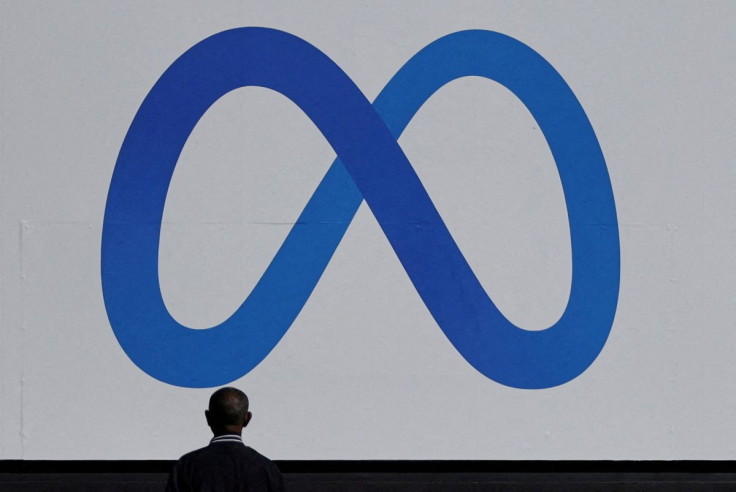Former Facebook Manager Warns Zuckerberg's Meta Would Put 'Lots More' Sensors, Microphones In Our Homes
KEY POINTS
- Facebook rebranded itself Meta in November 2021
- Frances Haugen exposed her identity as the Facebook whistleblower in October
- Metaverse is the Meta intiative that aims to augment reality with computerized simulations
Metaverse, the hybrid virtual experience that Meta, formerly Facebook, is planning to build, will reportedly involve more microphones and sensors in users' homes and could be another excuse for the company to increase its already considerable surveillance of its users.
Frances Haugen, former Facebook product manager-turned-whistleblower, shared her concerns about her former employer's upcoming Metaverse project in an interview with Politico. "I'm super concerned about how many sensors are involved. When we do the Metaverse, we have to put lots more microphones from Facebook; lots more other kinds of sensors into our homes," she revealed.
Haugen's statement seemingly aligns with the patents the company has filed over the past months, as well as its official statements on the project. Aside from the customary virtual reality (VR) headset, the Metaverse will include full-body sensors that monitor everything from eye movements to heart rate and more.
In 2021 Haugen shook up the world when she leaked hundreds of company documents and accused the social media giant of not doing its part in curbing the spread of misinformation and ethical shortcomings.

"You don't really have a choice now on whether or not you want Facebook spying on you at home. We just have to trust the company to do the right thing," Haugen, a data engineer and scientist, said. The Facebook whistleblower's statement may sound grim, but the reality is while tech companies advance in innovation, regulation concerning these new techs has not been able to catch up.
Haugen is also concerned that Metaverse is just another Facebook story where the team will just repeat its previous wrongdoings. "They've made very grandiose promises about how there's safety-by-design in the Metaverse. But if they don't commit to transparency and access and other accountability measures, I can imagine just seeing a repeat of all the harms you currently see on Facebook," she shared.
Even before it rebranded itself, Facebook was aware of people's concerns about privacy. In September last year, it announced $50 million in funding for groups to look into questions involving security, privacy and even responsible design.
"We'll work with experts in government, industry and academia to think through issues and opportunities in the Metaverse." We also need to involve the human rights and civil rights communities from the start to ensure these technologies are built in a way that's inclusive and empowering," said Andrew Bosworth and Nick Clegg, senior Meta executives, in a blog post.
© Copyright IBTimes 2024. All rights reserved.






















